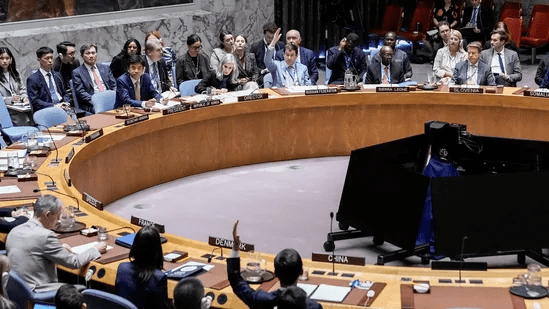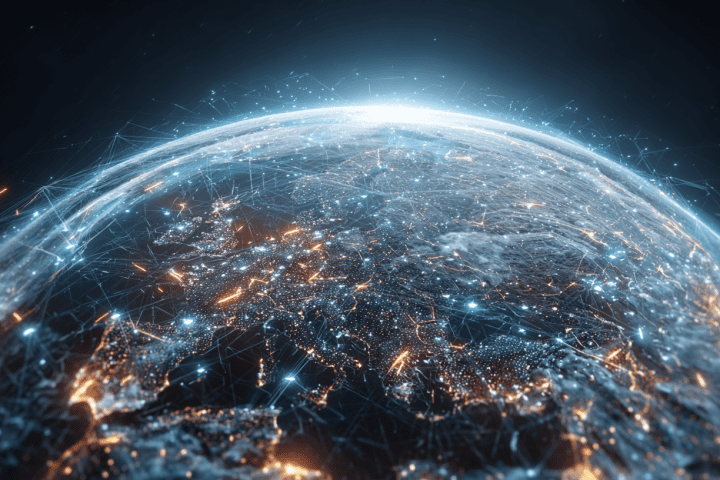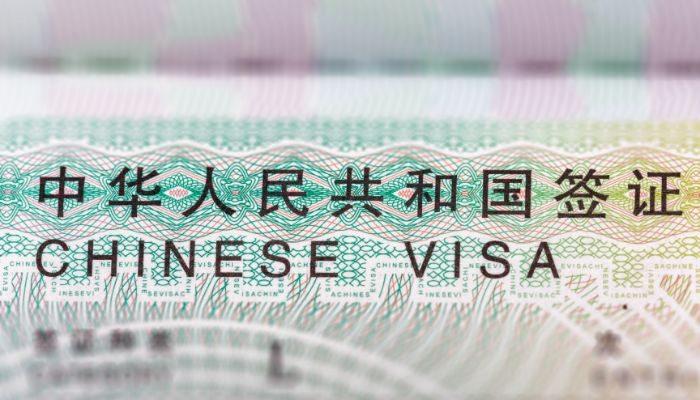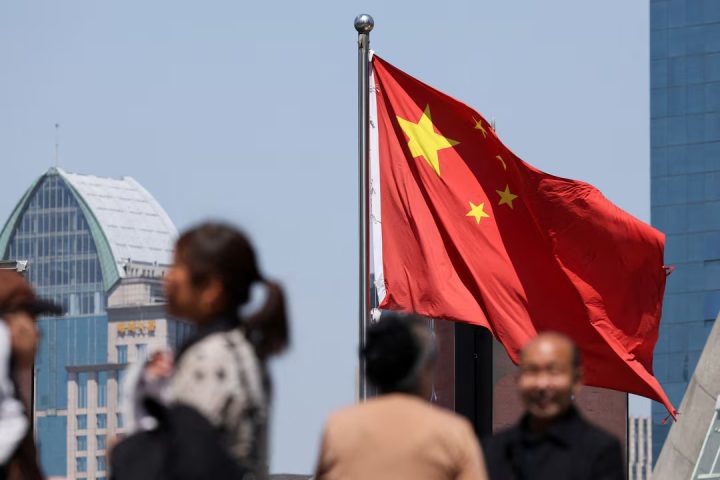UN sanctions on Iran have been reimposed for the first time in a decade. They target its nuclear and missile programs, deepening the economic crisis and the collapse of the Iranian rial.
UN reimposes sanctions on Iran: a threat to the economy and diplomacy

For the first time in a decade, broad UN sanctions have been reimposed on Iran. The decision follows the collapse of the latest nuclear deal talks. The sanctions prohibit any deals related to its nuclear and missile programs and have already sent the rial crashing to a record low on the black market.
Tehran called the move “illegal” and “unfounded,” and recalled its ambassadors from London, Paris and Berlin. President Masoud Pezeshkian said that US proposals for the full transfer of its enriched uranium stockpile in exchange for short-term relief from pressure were unacceptable.
West calls for talks
US Secretary of State Marco Rubio has urged Tehran to “accept direct talks in good faith”. Britain, France and Germany have said in a joint statement that Iran is not fulfilling its commitments, but the door to a new deal remains open. The EU has also said that sanctions “should not be the end of diplomacy”.
Moscow has rejected the decision, calling it “a path to blackmail” and saying it will not implement the sanctions. China has also opposed it but failed to block the decision in the Security Council.
Economic blow
The Iranian economy, already suffering from US restrictions, is entering an even deeper crisis. Prices are rising, infrastructure problems are worsening and living standards are falling rapidly. According to residents, “it has become much worse than two or three years ago”.
The International Crisis Group emphasizes that even if the sanctions are reviewed, their lifting would require consensus in the Security Council, which seems unlikely.
Related: Iran Accelerates Construction of New Underground Nuclear Facility

















